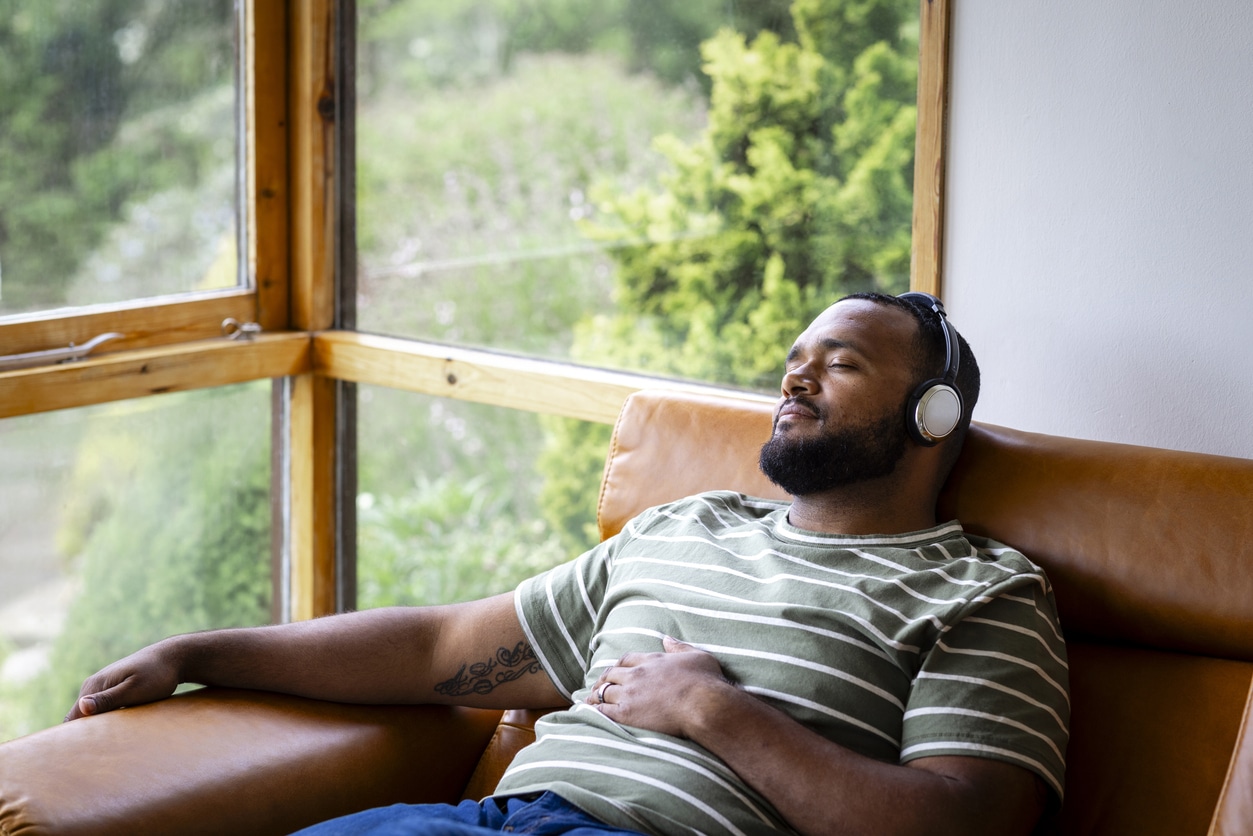When living with hearing loss, activities you once cherished, like listening to your favorite music, can become less enjoyable. You may find it hard to distinguish between instruments or struggle to make out lyrics clearly. While hearing aids help many people overcome these challenges and enjoy music again, they aren’t always the complete solution for everyone.
Why Hearing Aids Might Fall Short

Hearing aids are designed primarily to enhance speech clarity, not necessarily to improve the listening experience for music. This difference is important because speech typically occurs in a narrower decibel range (30-85 dB), whereas music spans a much broader range.
Additionally, music covers a wider spectrum of frequencies: consider that the frequency range of a piano is about 40% greater than that of a woman’s speaking voice. Older hearing aids often struggle to accommodate this broader range, which can lead to sound distortion or uncomfortable volume levels for louder music.
While modern hearing aids have made significant improvements in handling a wider range of sound, they can still face challenges, especially when using features like feedback suppression. This may unintentionally reduce high-pitched sounds, such as those from a flute or a soprano singer.
Assistive Listening Devices Can Help
To enhance your music-listening experience, adding an assistive listening device can make a significant difference. Before purchasing any device, it’s a good idea to discuss options with your audiologist and try out different solutions to see what works best for you.
Amplified Headphones
Amplified headphones can be a great solution for those needing higher volume levels. These specialized headphones boost sound beyond what standard ones provide. Some models also include separate equalizers, allowing you to adjust the bass, midrange and treble frequencies to suit your needs.
If you prefer to keep your hearing aids on, noise-canceling headphones worn over your aids may be a better choice. These headphones reduce ambient noise, allowing you to enjoy music at lower volumes, which helps protect your hearing from further damage.
Hearing Loop Systems
Hearing loops are another valuable tool, offering a wireless transmission of sound directly to your hearing aids via their telecoil (T-setting). This can be particularly useful in places like theaters, churches, and concert halls, as well as during phone calls.
If you’re struggling to enjoy hobbies like listening to music because of your hearing loss, don’t hesitate to contact Willamette ENT & Facial Plastic Surgery for a hearing evaluation or consultation today.
“Have always found the staff and doctors here to be helpful. This was my first visit with Dr. Prze after Dr. Allan retired, and he was very friendly, enthusiastic, and thorough. It was obvious he had read my chart carefully before my checkup.”